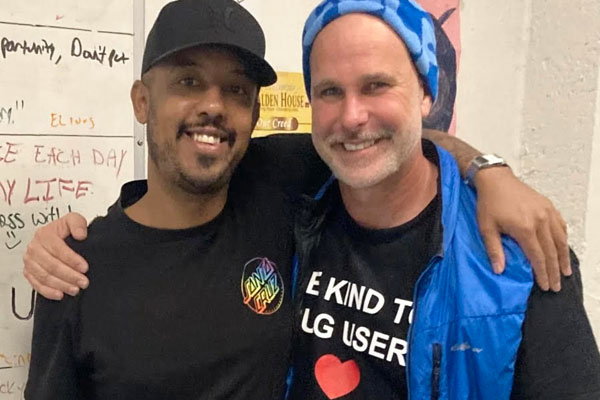IT’S A GIFT…CARD –
Oct. 5, 2024 – Bernard Groves has spent five years trying to quit methamphetamine.
He lost his job. He lost his car. He nearly lost his apartment. Worse than that, he says, his addiction has hurt his family. The 35-year-old checked himself into several rehab programs in San Diego and San Francisco hoping “to be that Bernard I used to be for the people that I love.”
But each time, Groves felt the progress he made in therapy morphed into people talking at him, telling him what to do. Eventually, he would always return to meth.
“My best friend was like, ‘I don’t get it, Bernard. You put your mind to something, you’ve always been able to achieve it. Why can’t you get over this meth?’ ” Groves said. “I don’t know why. And it feels awful.”
Unlike opioid addiction, there are no FDA-approved medications for the more than 3 million Americans addicted to stimulants like meth and cocaine. Instead, the most effective treatment is low-tech — and more controversial: Give people retail gift cards usually worth less than $30 in exchange for negative drug tests. Research shows that it works, and after more than three decades of resistance, policymakers are finally giving that strategy a chance.



